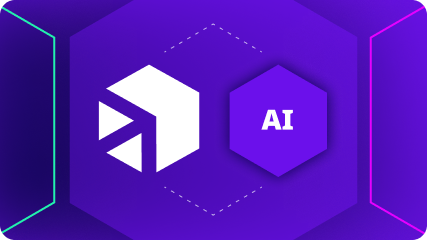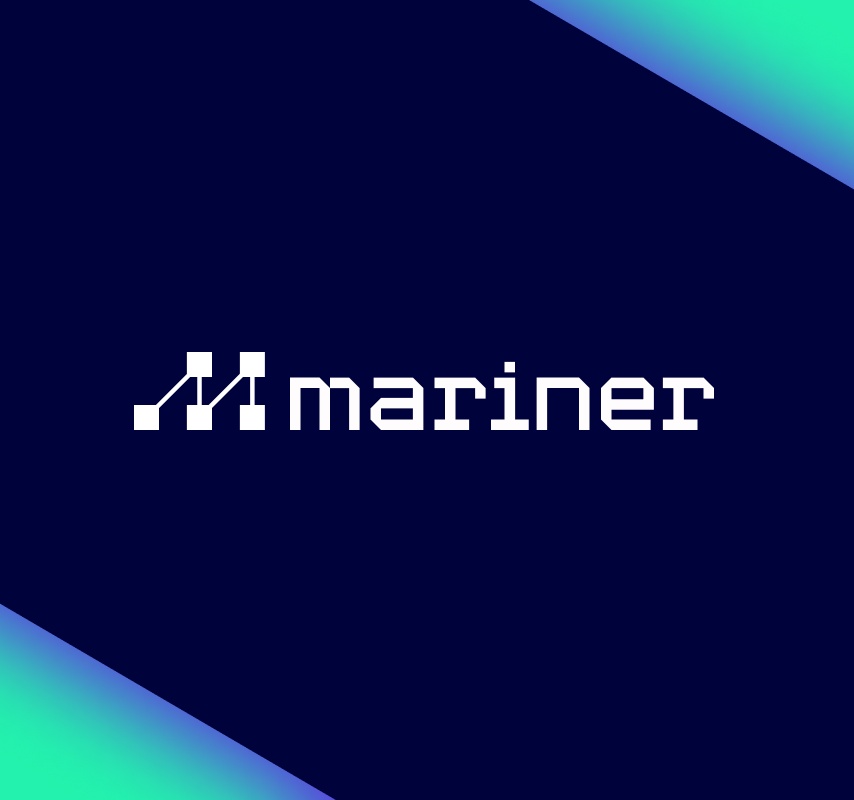Uh Oh. Something is missing. Try double checking things.
Categoria: Recurso Digibee
Oops, Post Not Found!
Nosso produto

Os 5 principais problemas de integração que motivam mudanças nas empresas
Saiba maisPor que a Digibee

Migração ERP Cloud para Bauducco - 4 meses antes do prazo e economia de US$ 2 milhões em custos do projeto
Saiba maisPor Caso de Uso
Recursos

Digibee apresenta documentação baseada em IA em sua plataforma de integração
Saiba MaisSobre Nós

Mariner Logistics implementa estratégia de IA e automação 24x mais rápido com Digibee
Saiba MaisUh Oh. Something is missing. Try double checking things.
X